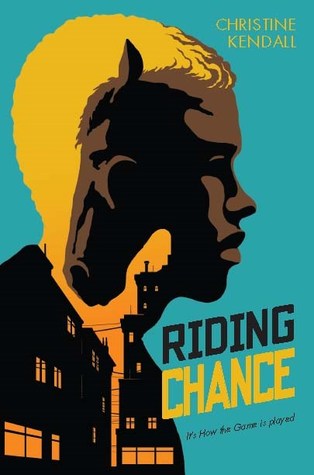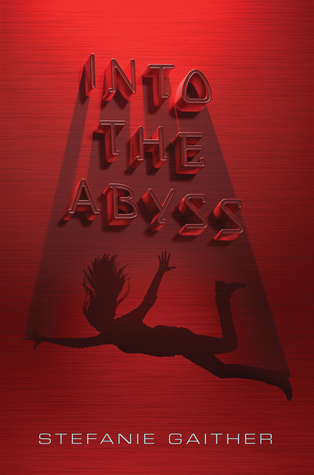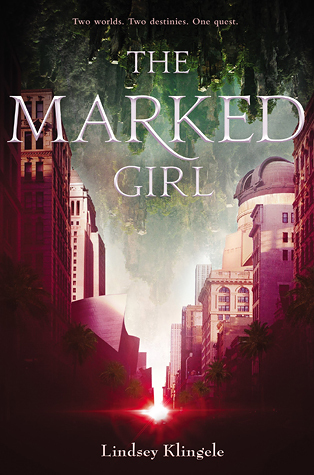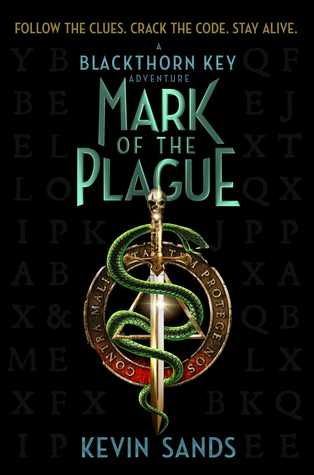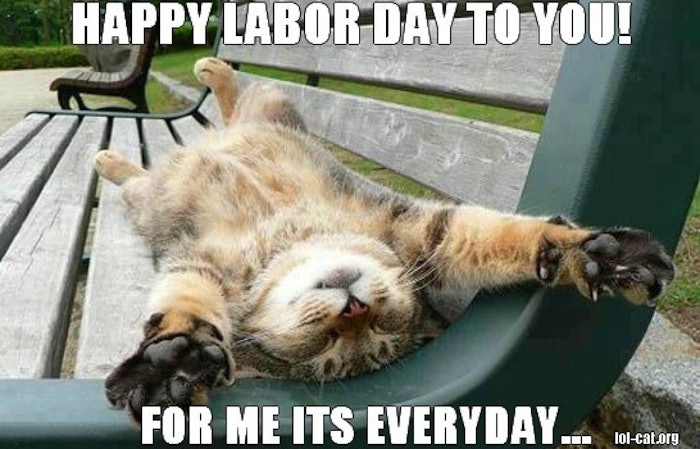I've been a fan of D.J. MacHale for many years, especially his
Pendragon series, and when I learned he had a new series,
The Library, I couldn't wait to feature it. Book 1, CURSE OF THE BOGGIN, came out on September 6:
Enter the Library, where no one knows how the stories end . . . and finding out will be terrifying.
There’s a place beyond this world, beyond the land of the living, where ghosts go to write their unfinished stories—stories that ended too soon. It’s a place for unexplained phenomena: mysteries that have never been solved, spirits that have never been laid to rest. And there’s only one way in or out.
It’s called the Library, and you can get there with a special key. But beware! Don’t start a story you can’t finish. Because in this library, the stories you can’t finish just might finish you.
Marcus O’Mara is a 13 year old guy at a crossroads. He constantly finds himself in trouble at school, with his friends, and with his adoptive parents. Marcus doesn’t believe things can get any worse for him…until they get worse.
Much worse.
He begins seeing strange and impossible visions; gets thrown into paranormal danger and is haunted by a mysterious ghost with a singular goal: to give him a key.
It’s a key that opens the door to a mysterious library. When that door opens, the incredible adventure for Marcus and his friends begins as they learn the truth about Marcus’ past and uncover the strange world of unfinished stories that are found on the shelves of the Library.
In addition to your bestselling books, you've also written, directed and produced award-winning television series and movies. What do you like most about dabbling with different mediums, and in what ways has your creativity grown in the process?
I’ve always been a storyteller. From the time I was in elementary school. My problem was (and sometimes still is) having the discipline to sit down and “write”. I put “write” in quotes because to me, writing isn’t just about putting words on paper, it’s about creating stories. All kinds of stories that can be told in so many ways. That’s why at a young age I gravitated toward filmmaking. I filmed my stories from the 8th grade all the way through the various TV shows I made. That spanned four decades. Yikes. One of the (many) reasons I decided to start writing novels was that over the years I got consistent feedback from the various people I worked with telling me how much they enjoyed reading my scripts. Yes, they liked the shows the scripts eventually became, but they were talking about the specific experience of reading the scripts themselves, before anything further was produced. It got me thinking that, as a storyteller, the idea of eliminating the middle man would be something worth trying. Meaning, a script isn’t the final product. It’s only the first step. The people who watched my shows never actually read any of my scripts. So I set out to eliminate the middle man, which in this case happened to be the shows. It put me in a position of having a direct line to the people I was writing for. What I wrote, they read. It turned out to be incredibly satisfying because I had complete control over what I wrote. I didn’t have to worry about the whims of studios or networks. There were no constraints in regard to budgets or the clock or the weather! It was so in credibly freeing!
I still love filmmaking. The idea of bringing a group of talented people together to combine their various visions and expertise to create something special is also wonderfully rewarding. But in a different way. I’m actually thinking about going back to try my hand at a show again. As much as I love the freedom of writing novels, I also miss the challenge of collaborating with a team of talented people. (Remind me I said that when I’m stuck out in the middle of nowhere at 4 a.m. in the freezing rain)
I do believe that my experience with the screen has greatly influenced the way I write novels. I’ll never be accused of writing wonderful, poetic prose. But I do know how to paint a vivid picture using an economy of words. That comes from having written multiple dozens of scripts. It doesn’t make for lovely prose, but it does help me to spin exciting yarns. I also believe that my dialog rings true. I’ve written multiple thousands of lines of dialog that I’ve actually had performed. Or directed performances. I think that’s given me an edge in writing words in my novels that people would actually say. Again, that doesn’t mean it’s lyrical or poetic, but it’s real.
But in the end, whether you’re writing a novel, a TV show, a movie or a play, you are faced with the exact same challenge. You must create a story about compelling characters who are faced with interesting conflict. It’s the same no matter what the medium. A good story is a good story, no matter how it’s told. So the more stories you create, the better you get at it!
And your stories are some of the best! As a librarian, I was greatly intrigued by the premise of CURSE OF THE BOGGIN. What inspired you to write a book in which stories have a life of their own?
The name of the new series is
The Library. CURSE OF THE BOGGIN is Book #1. Several different concepts led to its creation.
I love spooky stories. Always have. One of my favorite novels when I was very young was “The Children of Green Knowe” by L. M. Boston. It was about a family of children who went to visit their aunt who lived in a haunted house. It was a novel my mother read to me before I was old enough to read something that complex. (As an aside, my mother always loved spooky stories too. She called them: “Ooh yeah!” stories. So I guess it’s genetic.) I’m not a fan of “horror” per se. I’m not interested in gore. What I’m drawn to is mystery. I love being able to play along with the characters because all supernatural stories are essentially mysteries...with something imaginative at stake. On screen I loved
The Twilight Zone and
The Night Gallery. These weren’t “horror” stories, they were supernatural yarns about people who find themselves in strange and extraordinary circumstances. My love of that genre led me to making the TV series: “Are You Afraid of the Dark?” We produced 91 episodes, each with it’s own unique supernatural conceit and character dilemma. A few years ago I wrote the “Morpheus Road” trilogy about two friends who were being haunted and hunted by an evil spirit. It’s was fun taking what I had learned from creating eerie on TV and translating it to my novel writing. Once you step into the world of the supernatural, a writer has limitless opportunities for creating unique and imaginative conflicts. So the idea for The Library was simply a natural extension of my wanting to write the kind of stories I love so much.
Then came the challenge of determining what form it should take. With all of my previous book series there was a definitive conclusion to the overall tale. Whether it be three books or ten, the final book always ended with a conclusive “The End”. I wanted to break free of that constraint. With my show “Are You Afraid of the Dark?” the device that allowed us to tell multiple stories that didn’t rely on the others was having kids tell tales around a campfire. There was no story continuity, only the continuity of those characters. The shows could be watched out of order because each episode was unique. I wanted to find that same kind of device for my next book series, and decided that there was no better place to find multiple stories than in a library! The idea of a library filled with supernatural stories was really exciting to me. I’d like to visit that library! But as much as there could be limitless, unique stories in a library, I wanted there to be some continuity. Why were we visiting this library? I didn’t want the series to be totally anthological. I wanted continuing characters we would come to know and care about. That’s how I came up with the concept of having this library filled with supernatural, UNFINISHED stories. The challenge for our characters would be to finish the stories. That way, both the characters and the readers would have to unravel the mysteries together. Each new book will present a completely different set of challenges and a new mystery for our continuing characters to solve. This will free me up to write any kind of supernatural tale that comes to mind. The second book in The Library series is about witches. The third is about a machine that uncannily predicts the future. The possibilities are limitless...just as in an actual library!
Indeed they are! What advice, if any, do you have for authors juggling different projects, and what are some effective ways you've found to prioritize your time?
Writing multiple projects can be a challenge, but ultimately it’s a good thing. The reason being is that when you constantly shift gears, your mind will go in directions you hadn’t anticipated. You may be faced with a challenge writing story A because you can’t shake a particular way of looking at it Working on story B gets you thinking a different way and it might actually help you shake loose ideas for Story A.
When working on multiple stories, which I usually am, one thing I have trouble doing is switching stories in the same day. With TV its different because you have multiple scripts going at once, but at least they are all for the same show. But writing two different books at the same time is a challenge for me. But not a big one. It just means that I have to dedicate an entire day to a single story. I plan my work so that I’ll finish what I’d like to get done for one story by the end of the day. That gives me an entire night to shift my thinking to another story so that by the next day I’ll be totally immersed in that one. It’s a simple technique, but it works for me.
Sounds like a great process. Thanks so much for sharing your experiences!
To grab a hold of CURSE OF THE BOGGIN for yourself, click the links below:
Buy:
BookPassage ~
Amazon.com ~
Barnes & Noble ~
IndieBound
You can also
click here to see D.J. MacHale's other books.

